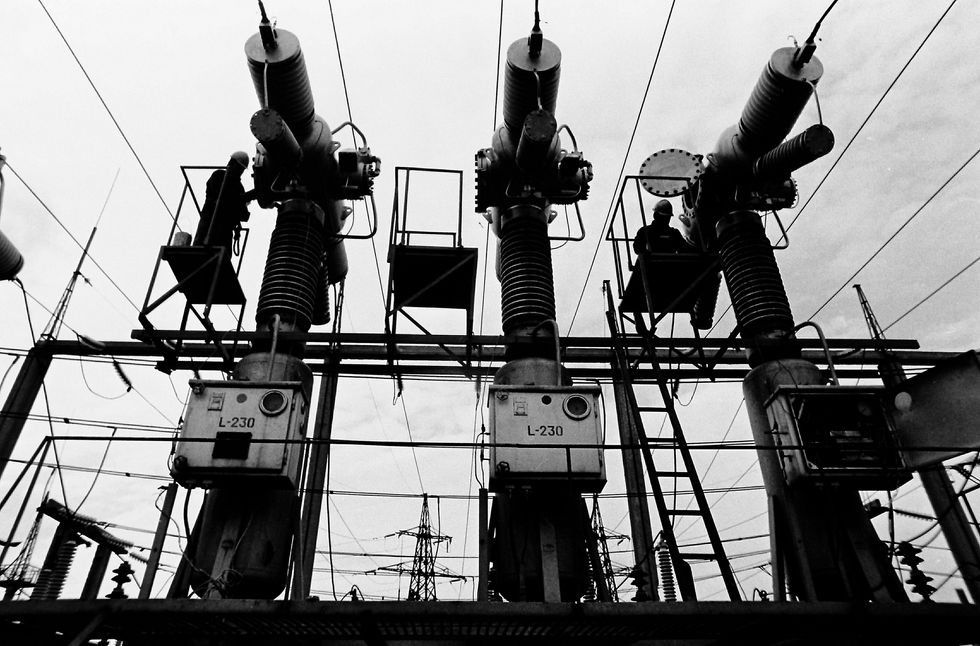
-Analysis-
PARIS – It’s a concrete and highly symbolic act of sovereignty. The three Baltic states — Estonia, Latvia, and Lithuania — disconnected from the Russian power grid on Saturday and plugged into the European network on Sunday.
“This is the most significant move in the energy history of independent Lithuania,” the Foreign Ministry in Vilnius declared. European Commission President Ursula von der Leyen was in the Lithuanian capital to mark the occasion.
For the latest news & views from every corner of the world, Worldcrunch Today is the only truly international newsletter. Sign up here.
For more than three decades, the Baltic states have been reclaiming their independence after having been absorbed into the Soviet Union during World War II. Since then, they have joined the European Union and NATO, gradually severing ties with their former Moscow occupier.
But it was nearly three years ago, with Russia’s invasion of Ukraine, that the Baltic states made up their minds to complete that separation, most especially in the energy sector that can always risk being a way for their rivals to leverage them. The high-voltage cables from Belarus and Russia were cut on Saturday to mark the end of any such dependency.
Baltic Sentinel is launched
The cut from Russia comes at a time when the Baltic region is on high alert following several acts of sabotage targeting undersea telecom and power cables. The situation has grown so concerning that NATO recently launched a special surveillance operation, dubbed “Baltic Sentinel,” to monitor the network of cables running along the seafloor.
For Russia, the Baltic states’ decision has a twofold impact. First, it finalizes the energy split with Europe. Before the invasion of Ukraine, Russia was the primary gas supplier for much of the continent. The last major break came just last month when the transit of Russian gas through Ukraine’s network ended, cutting Moscow off from €6 billion in annual revenue.
It took time, but the rupture is now complete.

Kaliningrad’s power crisis
The second consequence is just as tangible — it directly affects Russia’s Kaliningrad enclave.
Kaliningrad, the former German city of Königsberg, is a Russian enclave wedged between the Baltic Sea, Poland and Lithuania. Home to about one million Russians, the region had relied on high-voltage power lines from Lithuania — until they were cut off on Saturday.
Since Lithuania gave its notice, in preparation for this day, Kaliningrad had built a few gas-fired power plants to begin producing its own electricity. Today, the Russian enclave of 70 kilometers tucked away between NATO nations is closer to becoming a new flashpoint in an already volatile region, far from motherland Russia itself.
By connecting to the European grid, the three Baltic states complete their historic shift that began as soon as they were able to turn their backs on the USSR, and later on Russia. Ukraine and the small nation of Moldova have also reoriented their energy ties toward the EU, in response to a once-formidable Russian “big brother” that has now become a threat again.
Quietly, this Europe is being built and gradually integrated: it’s one of the consequences of Vladimir Putin’s fateful decision to invade Ukraine — and it’s clearly a major defeat for Russia.






























